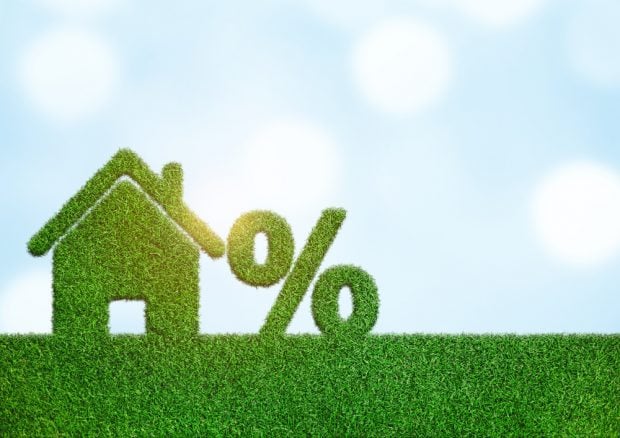 Source: Monster Ztudio/Shutterstock
Source: Monster Ztudio/Shutterstock
The Mortgage Brokers Association on Thursday boosted its estimate for second-quarter refinances, but not enough to change its expectation that rising rates will drive down refinances this year.
The MBA made no revision in its forecasts for purchase originations. In the second quarter it said it expects lenders will originate $472 billion in purchase originations, 35.6% higher than a year earlier.
Recommended For You
"The housing market is incredibly strong this year, with robust housing demand in nearly every part of the country, driven by the improving economy, households seeking more indoor and outdoor space, millennials reaching their prime home buying years and still low mortgage rates," MBA Chief Economist Mike Fratantoni said.
Another sign of strength in housing came Friday as the Census Bureau reported new home sales rose to an annualized rate of 1.02 million homes per year, its highest level since 2006. And it revised its January and February estimates upward.

NAFCU Chief Economist Curt Long on Friday said he "expects new home sales to continue their strong streak amidst tight supply through the rest of 2021."
"Homes listed for sale remained stable, but higher sales meant a reduction in months of supply," he said. "Rising mortgage rates will also have a detrimental effect on sales. On the upside, housing starts rose by 19.4% in March while permits rose by 2.3%."
The MBA said it now expects $502 billion in refinance originations for the three months ending June 30, an upward revision of 25% from its March 19 forecast, and an amount 13.4% lower than in 2020's second quarter.
However, Fratantoni said he expects the overall refinance trend to continue, with volume falling as interest rates rise. For the year, the MBA now forecasts refinances to drop 33% to $1.62 trillion.
"Refinance volume has already trailed off because of the steep climb in mortgage rates since January," Fratantoni said. "Mortgage lenders should continue to prepare for the transition to a strong purchase market and slowing refinance activity."
The MBA forecast existing home sales will rise 12% to 6.4 million this year, and new home sales will rise 14% to 929,000. As a result, it said it expects purchase originations for the year to rise 16.4% to $1.67 trillion.
The largest cohort of millennials is now 29 years old — rapidly approaching the traditional peak home buying ages of 32 and 33.
"A lack of supply is the biggest hurdle to an even larger increase in home sales," Fratantoni said. "The widening imbalance of supply and demand is driving up home-price growth and eroding affordability — especially for entry-level buyers."
After last year's record $3.83 trillion in mortgage originations, MBA forecast volume to fall 14% this year to $3.28 trillion, which would still be the third-highest total ever. Mortgage rates are expected to continue rising to around 3.7%, contributing to a further slowdown in refinance demand.
Fratantoni said President Biden's American Rescue Plan and the vaccine rollout will continue to provide a lift to the economy, households and businesses through the summer. He said he expects economic growth to jump to 6.5% this year, a vast improvement from the pandemic-induced contraction of 2.4% in 2020.
The 6.5% growth rate for this year in the April 22 forecast is up from a forecast of a 5.7% gain in the March 19 forecast.
"The economy will continue to recover, with rapid job growth, particularly in the hardest-hit, service sectors of the economy," Fratantoni said. "The job growth is certainly positive, but this environment sets the stage for higher mortgage rates and faster inflation. However, if housing inventory levels improve and help to keep affordability in check, home sales should remain strong into 2022."
© Touchpoint Markets, All Rights Reserved. Request academic re-use from www.copyright.com. All other uses, submit a request to [email protected]. For more inforrmation visit Asset & Logo Licensing.







